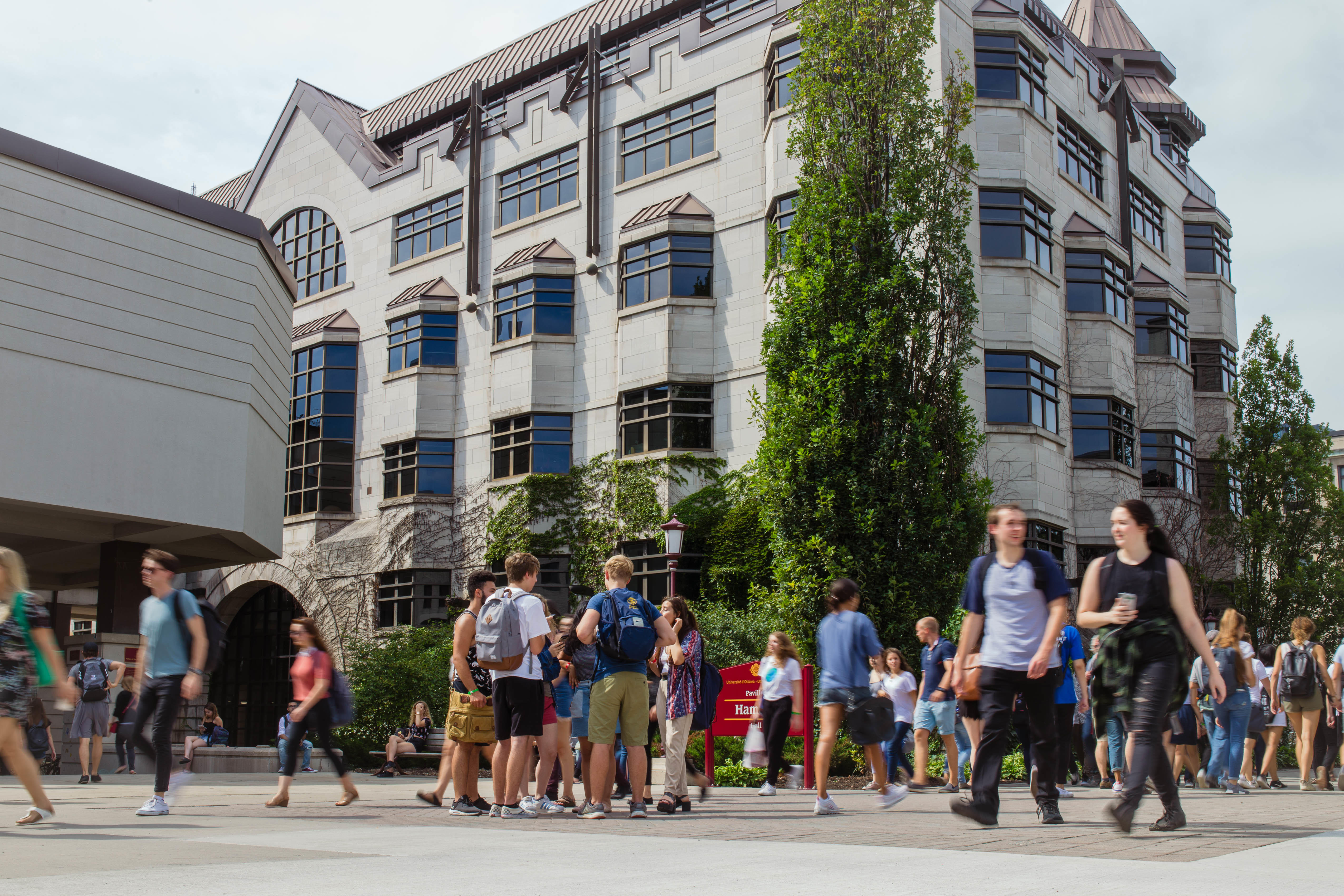As a forum of discussion and action, GRILT holds a principal mandate calling for sharing expertise and professional contexts of its members about the actual issues of research on the developing, integrating and using technology in language domains. GRILT simultaneously aimes at disseminating scientific research about the mediatised contexts and practices of language sector in the academic community and training graduate students in this cutting-edge sector in Canada.

Interdisciplinary Research Group in Languages and Technology (GRILT)
Mandate
Research lines
Language didactics and mediatization
The mediatisation of the learning process through ICT can be defined as a technical mediation that allows the mediatisation of the subject-based contents, a relation and interactions between the actors of the training situation (Bélisle, Bianchi and Jourdan, 1999 - our translation). Mediatisation in the field of language teaching/learning, among others, is carried out, for example, with learning platforms (e.g. Blackboard Learn, Claroline, Moodle), and communication platforms (e.g. Adobe Connect, Webex, Eluminate).
GRILT proposes resources that facilitate documenting the impacts of mediation in the field of language teaching and learning regarding the plans des dispositifs, the didactics supporting learners in learning a language in a mediatized context.
Techno-pedagogy
Techno-pedagogy underlies a reflection or opportune relation between pedagogy and technology. The term refers to (teaching) practices that take into account both pedagogical (teaching and learning methods, motivation, the development of students’ skills), and technological aspects (using computers, the Internet, interactive whiteboards, etc.). Within this perspective, the technological resources targeted and used by teachers are very helpful in supporting active teaching methods. They are used for learning purposes. Technology, therefore, is considered as a mean to support active teaching methods, and not as an end in itself. The common goal of those innovations is to improve the quality of the students’ learning. Study and Development Center for Techno-pedagogical Innovations.
Language technology
Language technology gathers various technological tools in diverse domains such as the teaching/learning of second languages, translation, terminology, translation studies and the science of writing. These technological tools are for example, word processors, grammar checkers, groupware, electronic dictionaries, search engines, term banks, and concordancers. LTRC: Language Technologies Research Center.
Explore
Contact us
Interdisciplinary Research Group in Languages & Technologies
70 Laurier Avenue East, Room 105
Ottawa ON K1N 6N5
Canada
Tel.: 613-562-5800 ext. 3994
Fax.: 613-562-5743






